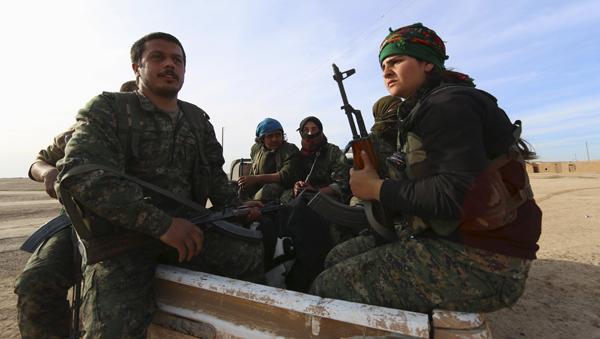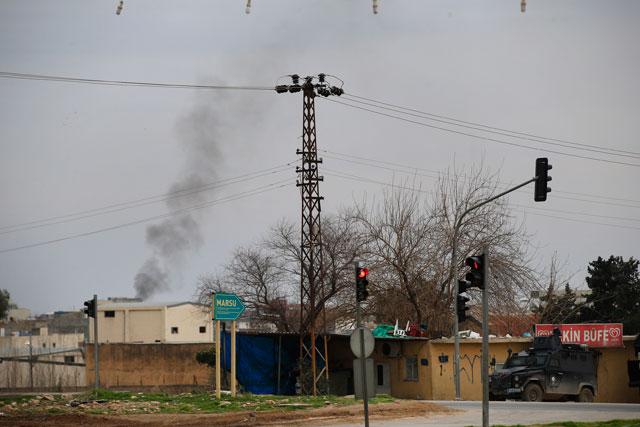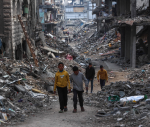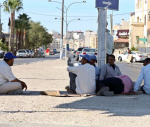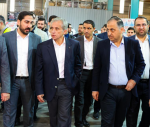You are here
Turkey seeks allies’ support for ground operation as Syria war nears border
By Reuters - Feb 16,2016 - Last updated at Feb 16,2016
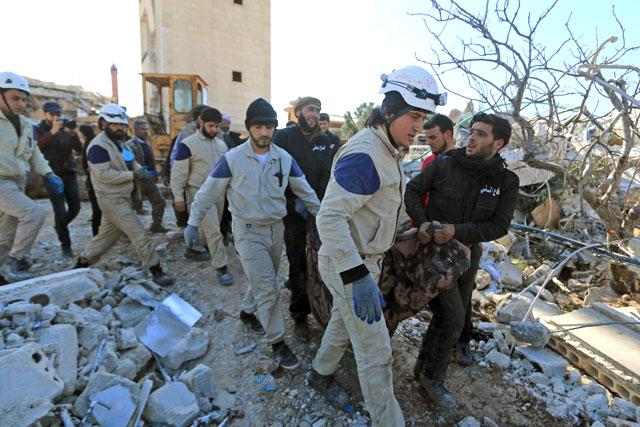
People and Civil Defence members carry a dead body removed from a destroyed Medecins Sans Frontieres-supported hospital hit by missiles in Maarat Numan, Syria, on Tuesday (Reuters photo)
ISTANBUL/ANKARA — Turkey is asking allies including the United States to take part in a joint ground operation in Syria, as a Moscow-backed government advance nears its borders, raising the possibility of direct confrontation between the NATO member and Russia.
A large-scale joint ground operation is still unlikely: Washington has ruled out a major offensive. But the request shows how swiftly a Russian-backed advance in recent weeks has transformed a conflict that has drawn in most regional and global powers.
Syrian government forces made fresh advances on Tuesday, as did Kurdish militia, both at the expense of rebels whose positions have been collapsing in recent weeks in the face of the Russian-backed onslaught.
The offensive, supported by Iranian-backed Shiite militias as well as Russian air strikes, has brought the Syrian army to within 25km of Turkey's frontier, while Kurdish fighters, regarded by Turkey as hostile insurgents, have extended their presence along the border.
The advances have increased the risk of a military confrontation between Russia and Turkey. Turkish artillery returned fire into Syria for a fourth straight day on Tuesday, the defence minister said, targeting the Kurdish YPG militia which Ankara says is being backed by Moscow.
"We want a ground operation. If there is a consensus, Turkey will take part. Without a ground operation it is impossible to stop this war," a Turkish official told reporters at a briefing in Istanbul.
"Turkey is not going to have a unilateral ground operation ... We are discussing this with allies."
Turkey on Monday accused Russia of an "obvious war crime" after missile attacks in northern Syria killed scores of people, and warned the YPG it would face the "harshest reaction" if it tried to capture a town near the Turkish border.
Russian air support for the Syrian government offensive has transformed the balance of power in the five-year-old war in the past three weeks.
World powers meeting in Munich last week agreed to a pause in the fighting, but that is not set to begin until the end of this week and was not signed by the warring Syrian parties.
The UN Syria envoy, Staffan de Mistura, held talks with Syria’s foreign minister on Tuesday aimed at securing a cessation of hostilities and said Damascus had a duty to let the world body bring in humanitarian aid.
Meanwhile, Damascus says its objectives are to recapture Aleppo, Syria’s biggest city before the war, and seal off the border with Turkey that has served as the main supply route into rebel held territory for years.
Those would be the government’s biggest victories of the war so far and probably end rebel hopes of overthrowing President Bashar Assad by force, the objective they have sought since 2011 with the encouragement of the West, Arab states and Turkey.
Syrian military gains
Kurdish forces continued their push eastwards towards Daesh-held territory northeast of Aleppo.
The Syrian Observatory for Human Rights, a Britain-based group which monitors the war, said the Kurdish-backed Syria Democratic Forces (SDF) — of which the YPG is a part — took a village just west of the town of Marea. That is the last major settlement before a swathe of territory held by the radical militants stretching east across Syria and into Iraq.
The Syrian army also made advances, with state media saying it had taken two villages north of Aleppo near the town of Tal Rifaat, which fell to the SDF on Monday. With the help of Russian air strikes it also advanced from the government-held coastal city of Latakia, continuing a push into rebel territory and fighting to take the key town of Kansaba.
“If [the rebels] lose Kansaba everything in Latakia will go to the regime,” said Rami Abdulrahman, head of the Syrian observatory. “If no immediate support comes for fighters in [north] Latakia then it could fall in days.”
With hundreds of thousands of civilians trapped in areas the government aims to seize, Turkey and others accuse Moscow of deliberately firing on civilian targets such as hospitals to force residents to flee and depopulate territory.
Almost 50 civilians were killed when missiles hit at least five medical facilities and two schools in rebel-held areas on Monday, according to the United Nations, which called the attacks a blatant violation of international law.
At least 14 were killed in the northern town of Azaz, the last rebel stronghold before the border with Turkey north of Aleppo. Prime Minister Ahmet Davutoglu said a Russian missile was responsible and vowed that Turkey would not let Azaz fall into YPG hands.
Russia’s foreign ministry said Turkey was using Azaz as a supply route for Daesh and “other terrorist groups”, while the Kremlin strongly rejected Turkish accusations it had committed a war crime after the missile strikes.
“We categorically do not accept such statements, the more so as every time those making these statements are unable to prove their unfounded accusations in any way,” President Vladimir Putin’s spokesman Dmitry Peskov told reporters.
“Our relations [with Turkey] are in a deep crisis. Russia regrets this. We are not the initiators of this.”
Doubts over ground troops
The advances by the YPG risk creating friction between Turkey and its allies, including the United States.
Ankara sees the Syrian Kurdish militia as an extension of the Kurdistan Workers Party which has fought a three-decade insurgency for Kurdish autonomy in Turkey’s southeast. But the United States sees the YPG as one of few effective ground forces fighting Daesh militants in Syria, and has lent the group military support.
Washington has so far ruled out sending its own ground troops into Syria, apart from small numbers of special forces.
Sunni Arab Gulf states including Saudi Arabia and the United Arab Emirates said this month they were ready to send ground forces as part of an international coalition against Daesh, providing Washington takes the lead.
But Turkey’s focus on the YPG means it cannot necessarily count on support from NATO, which, while reluctant to pressure Ankara in public, is working behind closed doors to discourage it from targeting the Kurds and escalating with Russia.
Related Articles
BEIRUT — Hundreds of Syrian rebels prepared to head to frontlines in northern Aleppo province on Thursday, after crossing from Turkey to rei
BEIRUT/ONCUPINAR — The Syrian army advanced towards the Turkish border on Monday in a major offensive backed by Russia and Iran that rebels
BEIRUT — Hopes for a ceasefire taking hold in Syria this week dimmed Sunday as Turkey renewed its shelling of advancing Kurdish militants an


